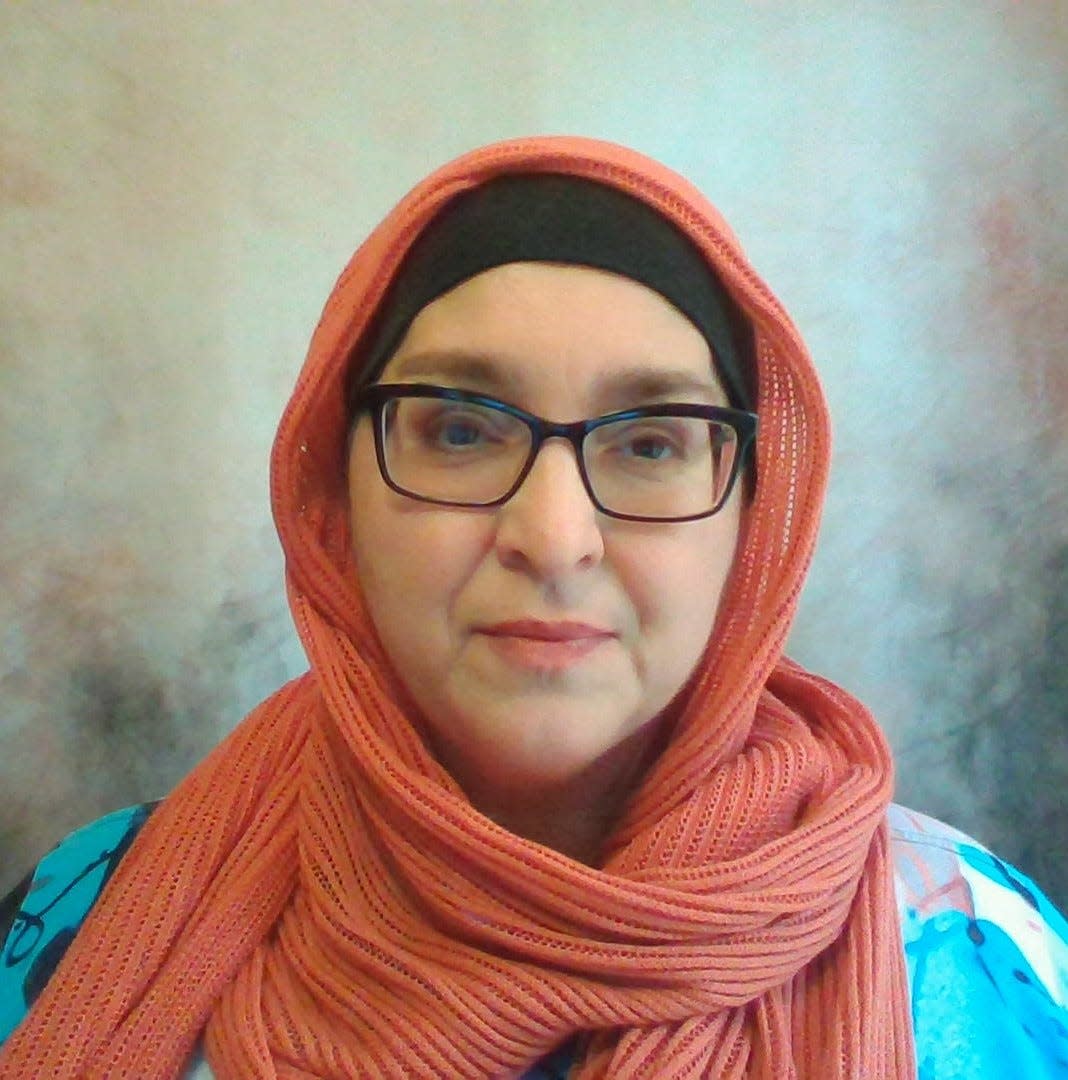Voices of Faith: Memories of Ali flood back during today's Israel-Gaza war

In being mindful that February was Black History Month, I always try to learn something new about Black history and revisit key Black figures who have shaped America. This year, I am focusing on Muhammad Ali and the impact he has had in my life.
Growing up in the 1970s, we would play records on my mom’s HiFi turntable. One of my favorite songs that would be played (with which my sisters, brother and I would sing along) was the “Muhammad Ali” song. You couldn’t grow up in the 1970s and not know Muhammad Ali, and not know he was Muslim.
He was on TV regularly, and there were always articles on the cover of magazines and newspapers. I was an avid reader, so I read more than a few books about his life. I can remember being so hopeful and grateful that there was someone in this world who had the courage to do what he knew to be right even at great cost to his freedom, wealth and gift as a boxer. Knowing that Muhammad Ali refused to be drafted into the Vietnam War in 1967 not only because of his religion, but because war is wrong, influenced me to be an antiwar advocate.
Islam means “peace.” The holy Quran has strict criteria when fighting for freedoms and injustices and strictly forbids the killing of civilians.
My early ideas about Islam as a religion of peace was influenced by the actions of Muhammad Ali. One of my favorite Muhammad Ali quotes that I relate to is on his connection with God – “Although my religion would change later in my life, God was always in my heart."
When I visited the Hollywood Walk of Fame in California, I was in awe that his star was on the wall, not the sidewalk. When he was honored with the Hollywood star, he said “I bear the name of our Beloved Prophet Muhammad (peace be upon him), and it is impossible that I allow people to trample over his name."
Visiting the Muhammad Ali Center and watching videos of Muhammad Ali speaking during his life, I was reminded of the power he held in doing right. His religion gave him strength. He spent his life practicing his religion. He spent his life being an activist.
I can’t help but reflect on what is going on today – that the United State is making some grave mistakes when it comes to protecting humanity. I can’t help but feel we are in a critical point in history watching our nation, the United States, fund the genocide in Gaza – making the same mistakes we as nation made during the Vietnam War.
Former President Barack Obama said what is going on in Gaza right now is “unbearable.” This past week we saw what unbearable looks like when a young, American active-duty airman set himself on fire in Washington, D.C. to protest the Gaza genocide, dying for the cause.
Killing oneself is not permitted in Islam. But neither is just watching the killing of children – watching the killing of more than 30,000 civilians by the Israeli military knowing they can kill civilians because we, the United States, is providing the weapons and vetoing the United Nations’ call for an immediate cease-fire.
Let’s learn from the great Muhammad Ali, who always followed his Islamic values and used these values to make change for the better, saying, “Allah’s the Arabic term for God. Stand up for God, fight for God, work for God and do the right thing, and go the right way, things will end up in your corner.”
Lydia Rose, Ph.D, is an associate professor of sociology at Kent State University.
This article originally appeared on The Alliance Review: Muhammad Ali's wisdom soothes columnist's pain from Israel-Gaza war

